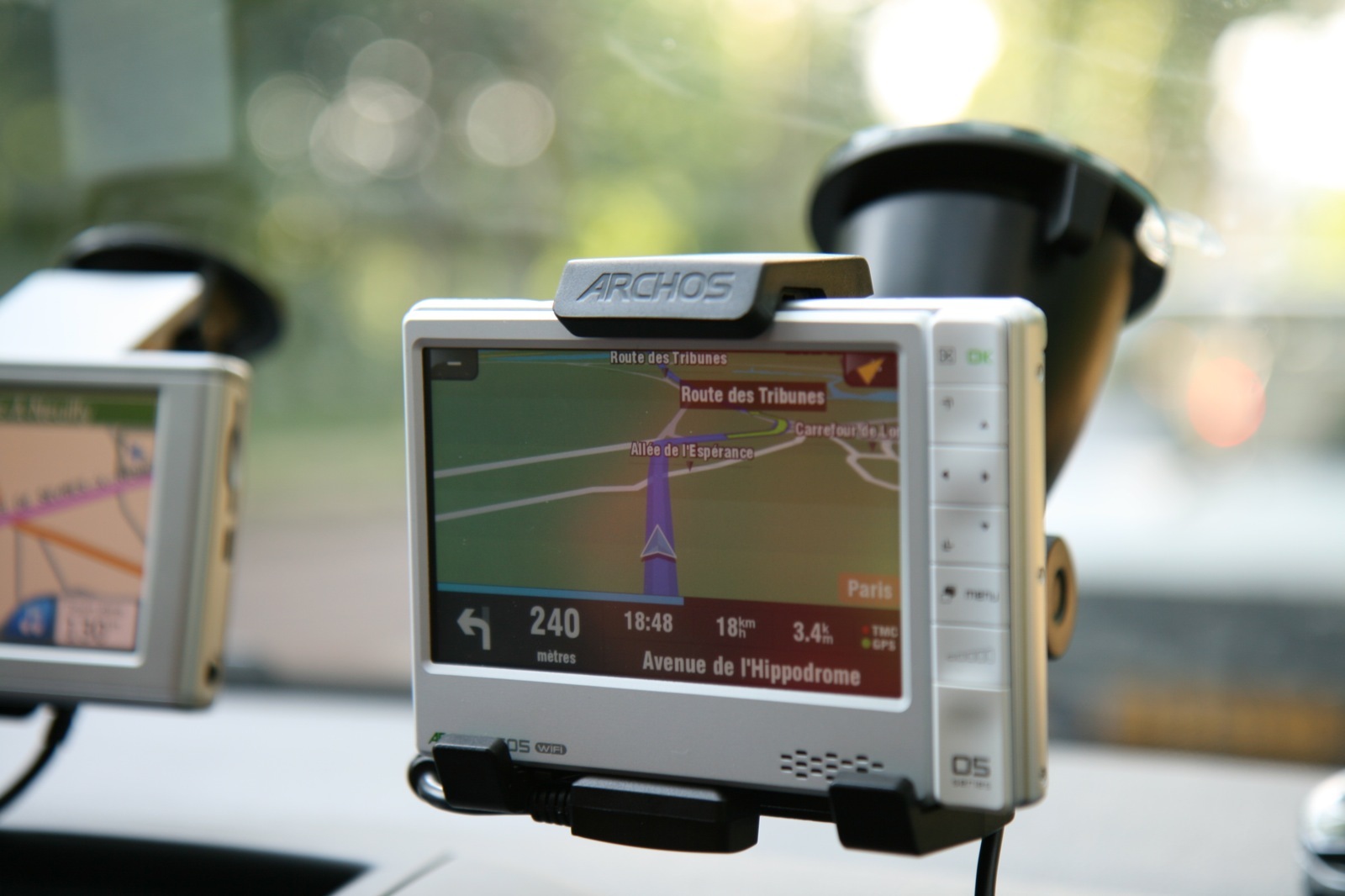Ruling on GPS Tracking Could Protect Cellphone Privacy
A federal court ruled that monitoring suspects via GPS without a warrant is unconstitutional. Does that also protect cell phone privacy?

If you've ever thought that law enforcement might be tracking you through your cell phone, you might be right. But unless the agency has a warrant, what they're doing is unconstitutional.
In a recent court case, the United States Court of Appeals for the Third Circuit ruled that monitoring suspected lawbreakers via GPS without a warrant was unconstitutional by the parameters of the 4th Amendment of the U.S. Constitution. Furthermore, the court ruled that evidence acquired via warrantless GPS tracking was inadmissible in the relevant case.
The particular case involved secretly attaching a GPS monitoring device to a suspect's car. But even if the police never touch your vehicle, chances are they could still track you by GPS. Most smartphones and tablets have built-in GPS functionality. This feature comes into play when users ask for driving directions or map their runs with fitness apps.
MORE: 13 Security and Privacy Tips for the Truly Paranoid
The court's ruling
The case in question, "United States of America vs. Harry Katzin; Michael Katzin; Mark Lous Katzin, Sr." first appeared before the United States District Court for the Eastern District of Pennsylvania on March 19, 2013. It took until Oct. 22 to iron out the appeal.
In 2009 and 2010, a wave of burglaries hit pharmacies in New Jersey, Delaware and Maryland. The police suspected Harry Katzin and his brothers, Mark and Michael, who had criminal records for similar offenses and a propensity for showing up at pharmacies shortly before the establishments reported burglaries.
In order to track the Katzins, Pennsylvania police affixed a GPS tracker to Harry's truck and proceeded to monitor him via computer for the next few days. They eventually found the Katzins at the scene of a crime, complete with the stolen goods in their van.
Get instant access to breaking news, the hottest reviews, great deals and helpful tips.
The court of appeals acknowledged that the police officers acted with probable cause, but that this did not give them the right to use GPS monitoring without a warrant.
"We hold that the police must obtain a warrant prior to a GPS search," wrote Joseph A. Greenaway, Jr., Third Circuit judge, in the case's ruling. "The conduct in this case cannot be excused on the basis of good faith."
What this means for your privacy
The United States Court of Appeals for the Third Circuit has jurisdiction over Delaware, New Jersey and Pennsylvania. But as a federal court, its ruling could set a precedent for cases in other parts of the country, as well. Furthermore, if the case gets appealed again, and the Supreme Court decides to take the case, that court will have final say over whether or not warrantless GPS tracking is constitutional.
While the particular case involves a GPS tracker planted by the police, most people carry their own GPS tracker all the time: It's called a cellphone.
Even with its GPS signal turned off, a phone connected to Wi-Fi or a cellular network still broadcasts its location. This is how users can track lost phones with services like Find My iPhone or Android Device Manager. While these are technically not GPS signals, a New Jersey court ruled in July that cell phone signals also require a warrant to track.
Warrantless GPS tracking may be unconstitutional, but the police are still well within their rights to track your phone or vehicle as long as they've obtained a warrant for it.
Follow Marshall Honorof @marshallhonorof and on Google+. Follow us @tomsguide, on Facebook and on Google+.

Marshall Honorof was a senior editor for Tom's Guide, overseeing the site's coverage of gaming hardware and software. He comes from a science writing background, having studied paleomammalogy, biological anthropology, and the history of science and technology. After hours, you can find him practicing taekwondo or doing deep dives on classic sci-fi.
-
BulkZerker When has the constitution ever stopped the inquisit... I mean. Our loving national leaders who respect our rights as citizens of the commonwealth.Reply -
dark_knight33 ^^^ Don't be a douche. Our "National Leaders" had nothing to do with this case, except to say that the 'national leaders' of the CoA 3rd Circuit agreed the police reached too far. In this case, the federal gov't actually told the police to go pound sand, you know, protecting your rights. SMH.Reply
 Club Benefits
Club Benefits





